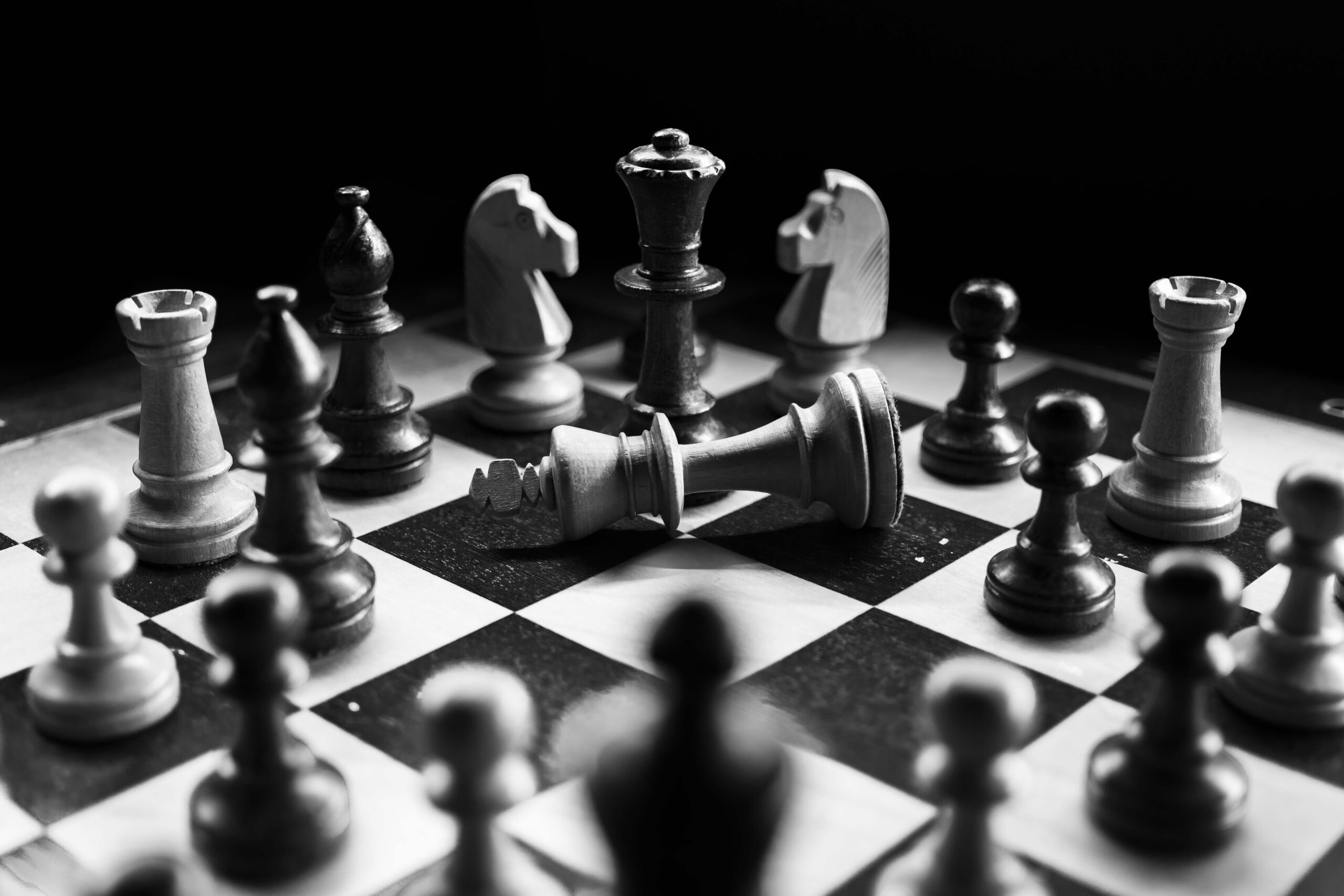Am I a Loser? How Do We Deal with Experiences of Failure?

This week, we’re in the realm of shadow. Most people wouldn’t answer the question “Am I a loser?” in the affirmative. Yet perhaps we’ve suffered self-doubt, and asked the question.

We live in a culture where this term is bandied about, and all too often, applied to people. It seems sometimes that our world is determined to divide us all into “losers” and winners.
Very recently, we’ve had the opportunity to watch this play out in the political sphere. As we watch the recent results of the American Presidential election, we can hear the term loser bandied about very frequently. It’s featured in the rhetoric of some of the candidates, and it gets used by commentators and comedians alike. It’s apparent that, in this very high stakes political game, losing the election can often be equated with being a loser at life.
It probably goes without saying, but there is a great deal of anxiety that is associated with the question, “Am I a loser?”, because the term “loser” is here understood to mean “loser at life”. It’s implied in this terminology that life is a test or contest, and that some will pass, and some will fail.
Toxic Labeling
Speaking in terms of pure logic, if I am asking myself, “Am I a loser?” in this sense of loser at life, then I must also believe that, somewhere, there are winners in life. Speaking in Jungian terms, it’s very important for us to notice the symbolism of this.
The underlying image here is that life is a great game, and that each of us are players in this game. We all have our turn, and at the end of things, it would seem, each of us has either a “win”, or a “loss”. Presumably, then, if we are on what looks like the path to a “win”, we are a “winner”, while if we are on the path to a loss, well, sorry, Sir or Ma’am, but you’re a “loser”.
The underlying assumption here is that life is fundamentally about achievement or accomplishment. On this view of human life, if you accomplish valuable things in your life, then your life has value. On the other hand, if your accomplishments are of less or no value, then your life has no value, and so, sadly, you are a loser. Are we sure that we want to buy into this?
Life as a High Stakes Crap Shoot
It’s important to reflect for a bit on how deeply embedded in our collective view of life this metaphor is. It’s not that we necessarily go around saying it all the time, but it’s pretty clear that, as members of this society, we often do assign value to ourselves and others based on what the individual achieves, in terms of outward accomplishment.
Many people look at themselves and others this way, without really being consciously aware that they’re doing it, and this has a very deep level effect. When we look to our accomplishments as a means of establishing our worth as individuals, our positive feeling about ourselves is going to be dependent on the things that we’ve accomplished. Our self-esteem is going to rely upon whether we, or others, feel that we have put in good performances—done good things, or “won”. If we have, we’ll feel good about ourselves. If our performance is not good, we end up feeling that we’re worth less, or even that we have no value, that we’re “losers”.
What’s more, individuals can start to feel like they’re on a treadmill, and that even their good performances are never enough for them to feel really good about themselves. There are many, even very outwardly successful people who live in fear and anxiety that everything they’ve accomplished could come apart at any time, leaving them with nothing—and with no value.
Is there any alternative to relying on our accomplishments for our sense of worth? Or are we fated to be “only as good as our last performance”, and continually at risk of being “losers”?
Our Unique Worth
Is there a way for our worth to not be dependent on our accomplishments, and on whether we “win” or not? From a /a-midlife-transition perspective, the answer depends on discovering our own unique self, and our own unique journey.
We often don’t reflect nearly enough on ourselves, and on what makes us unique. Often we only see ourselves the way that others see us, which may often mean viewing ourselves in terms of the success-failure measuring stick that the society holds out to us, as described above. Yet there are some very important ways we can look at ourselves that lead us to quite a different place.
In this time of COVID, if we judge by society’s conventional measures, there have been winners and losers in many ways that no one would have expected. This may be a very important time in our individual lives and in the life of our culture to examine the sources of our own unique identity and worth. Individual /a-midlife-transition may be of great help in this essential part of our journey to wholeness.
With warm wishes for your personal journey,
